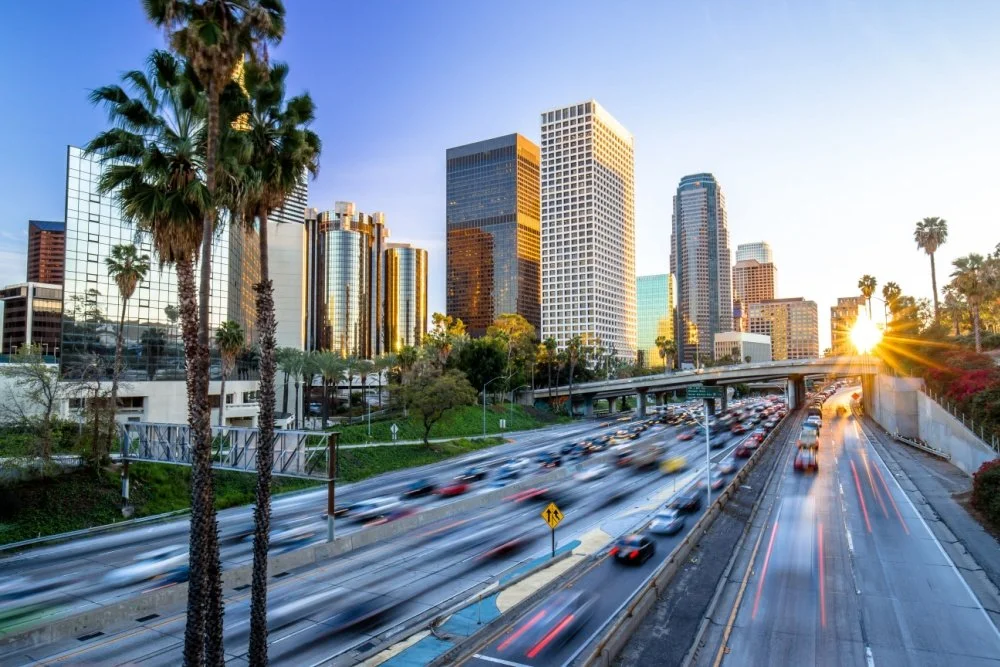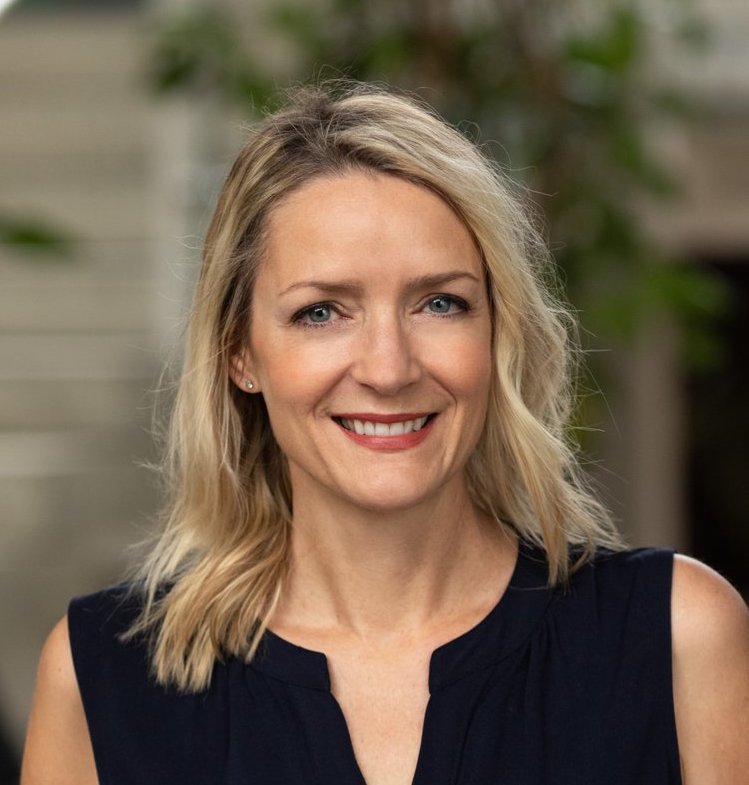What Has the Mayor's Fund for Los Angeles Been Doing Lately?
/photo: betto rodrigues/shutterstock
Mayor's funds, which mobilize private support for projects important to city government, remain unusual across urban America. Only a handful cities have one and among the newest is the Mayor’s Fund for Los Angeles (MFLA).
We've been following this outfit since it was created just a few years ago and, last year, MFLA shifted in notable ways—putting less emphasis on fundraising and more on program development, with a big jump in grant outlays.
This was the MFLA’s third year in operation and a year dedicated to refining its programming approach. The organization’s first two years were more about getting donors on board and creating public-private partnerships for civic projects. But year three has been all about program delivery for MFLA, touching on key city issues like housing, youth employment, sustainability, and public safety. It has funded 32 programs in the local community so far.
One example of these programs is LA’s College Promise, which ended up spurring a statewide law geared towards paying for students’ first year of community college. Almost 4,000 Los Angeles students are now enrolled in tuition-free community colleges thanks to this program, says the MFLA. Meanwhile, the fund says that its MFLA SPARK grants have brought some impressive results, especially in its cybersecurity initiative, but also in the arts and community outreach. Through SPARK, the MFLA provides funds that allows policymakers and program staff to pilot new approaches. MFLA says that its $400,000 SPARK investment has since turned into a $2.9 million public investment.
MFLA funding has also been supporting the local Summer Night Lights and Fall Friday Nights programs, including pilot programs at two Los Angeles County parks. Women and girls in Los Angeles have also been of interest to this funder, exemplified by its involvement in L.A.’s inaugural women’s conference that brought over 500 civic leaders and 600 students together to talk about gender equality.
But unlike traditional foundations, MFLA has been significantly investing in city government systems, such as consolidated management of city-owned real estate and workforce safety. There’s an Operations Innovation Team supported by MFLA that’s been working to improve operations at City Hall by taking a closer look at Los Angeles’ bureaucratic processes and learning from examples in other cities and universities.
MFLA grant spending was over $4.6 million in FY2017, compared to less than $3 million in FY2016. Most of the program spending lately has been on quality of life programs, followed by economic prosperity programs. And while program expenditures are way up, operational expenses remain steady without any large increases.
With net assets now over $13 million, there’s a lot of potential for even more growth and expansion in 2018, with the existing programs and likely some new ones, too. What's clear, looking at the bigger picture a few years in to MFLA's existence, is that its model is working. And the thing to keep in mind is that its very specific mission of helping advance the city government's goals sets MFLA apart from private or corporate foundations. With municipal governments facing growing fiscal pressures—which the new tax law is likely to compound—we expect to see more private-public partnerships like this.
You can learn more about MFLA’s evolutionary year and its various programs in its 2017 Annual Report. But it should be noted for any interested grantseekers that MFLA has a policy of not accepting unsolicited grant proposals or solicitations.
Related:







































